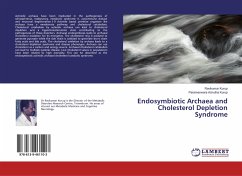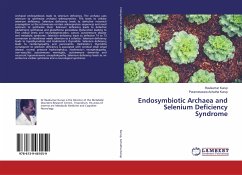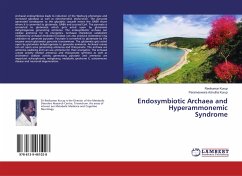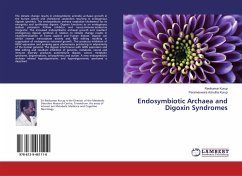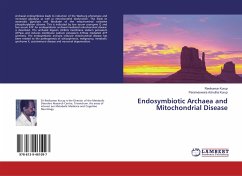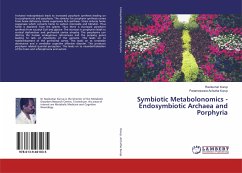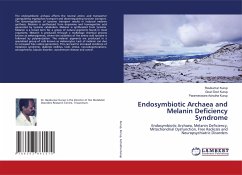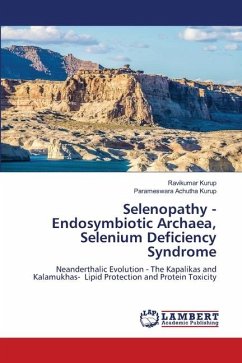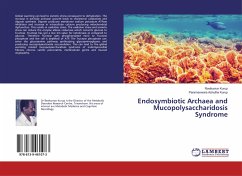
Endosymbiotic Archaea and Mucopolysaccharidosis Syndrome
Versandkostenfrei!
Versandfertig in 6-10 Tagen
36,99 €
inkl. MwSt.

PAYBACK Punkte
18 °P sammeln!
Global warming can lead to osmotic stress consequent to dehydration. The increase in actinidic archaeal growth leads to cholesterol catabolism and digoxin synthesis. Digoxin produces membrane sodium potassium ATPase inhibition and increase in intracellular calcium producing mitochondrial dysfunction. This results in oxidative stress. The oxidative stress and osmotic stress can induce the enzyme aldose reductase which converts glucose to fructose. Fructose has got a low km value for ketokinase as compared to glucose. Therefore fructose gets phosphorylated more to fructose phosphate and the cell...
Global warming can lead to osmotic stress consequent to dehydration. The increase in actinidic archaeal growth leads to cholesterol catabolism and digoxin synthesis. Digoxin produces membrane sodium potassium ATPase inhibition and increase in intracellular calcium producing mitochondrial dysfunction. This results in oxidative stress. The oxidative stress and osmotic stress can induce the enzyme aldose reductase which converts glucose to fructose. Fructose has got a low km value for ketokinase as compared to glucose. Therefore fructose gets phosphorylated more to fructose phosphate and the cell is depleted of ATP. The fructose phosphate can enter the glucosamine pathway synthesizing glycosaminoglycans and producing mucopolysaccharide accumulation. This can lead to the global warming related mucopolysaccharidosis syndrome of endomyocardial fibrosis, chronic calcific pancreatitis, multinodular goitre and mucoid angiopathy.



